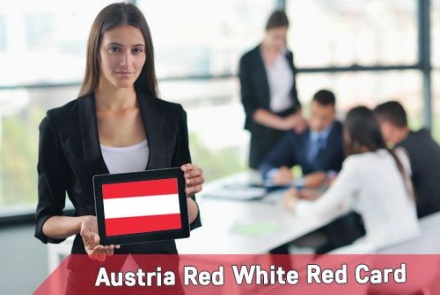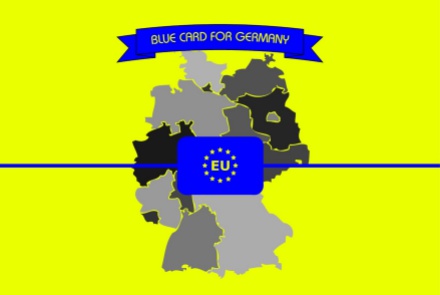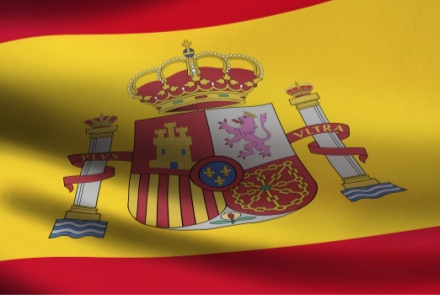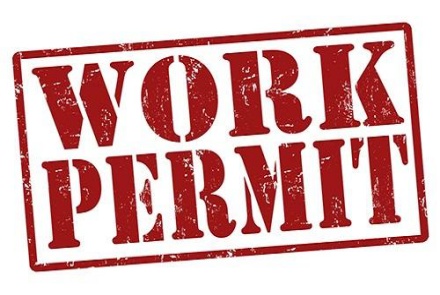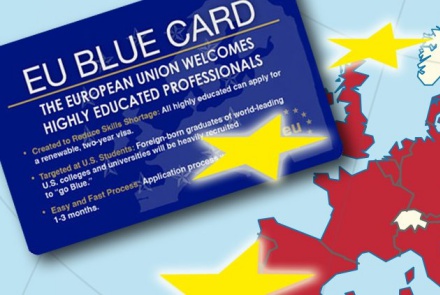Van der Elst visa or relocation of employees (third-country nationals) between companies within the EU & EEC

The Van der Elst procedure began in 1994 when a European Court ruling confirmed the rights of an enterprise established in one of the EU countries to provide services within the EU by engaging third-country nationals (non-EU & EEC).
Belgian businessman Raymond van der Elst owned a business in Belgium and seconded Moroccan citizens working for him to France, where his company carried out a contract with a local firm. But the French Immigration Service considered that, since Moroccans do not have work permits, their activity in France is illegal.
A Belgian businessman appealed to a European court and the latter agreed with his arguments.
In particular, the European Court ruled that, in accordance with the principles of freedom to provide services and the principle of non-discrimination of non-EU citizens, employees of a company registered in one of the EU countries have the right to provide services to a company registered in another EU country, without having to obtaining a work permit.
In this case, a prerequisite is the design of an entry visa, called the Van der Elst visa. It is clear that we are talking about visas for employees - citizens of third countries.
To be eligible for a Van der Elst visa, a number of conditions must be met, namely, employees must:
legally to be in the territory of the EU country where the employer is registered (to have a residence permit and a work permit),
to be legally employed in the company - the employer, which later sends them to another EU country to perform time and volume limited work,
to give up attempts to get a job in another company in the country where the business trip will take place,
to return to the country from which they were sent on a business trip, upon completion of work.
It should be noted that the above conditions are very general in nature, so that each country (issuing a visa) treats each of the above points in its own way.
Visa Van der Elst can be approved:
- only personally sent to the person,
- only for the duration of the business trip, limited to the duration of the contract for the performance of work between the employer and the receiving party.
The issue of the possibility of issuing a visa to dependent family members is decided at the level of the country where the trip will take place.
It is quite understandable that the main “consumers” of visas are Eastern European firms that widely attract third-country nationals as a “work force” and are interested in using them in economically developed and stable EU territories.
According to statistics, the most in demand are visas to Belgium, the UK, Germany, the Netherlands, France, which are very loyal to business travelers - third-country nationals.
But loyalty is not a prerequisite for issuing visas that are not strictly documented. For example, the immigration authorities scrutinize an employment contract, on the basis of which the employer hired an employee before his trip, require confirmation of the fact that he was paid wages and contributions to the social insurance fund. The contract for the implementation of which the trip is carried out is also subject to scrupulous examination for timing, reasonableness, etc. Questions about the place of residence of the traveler (during the trip) and his health insurance are (by virtue of the foregoing) are required.
Particularly thorough examination are applied for visas of employees of companies that are actually limited to the outsourcing of labor. In this case, the refusal of a visa is very likely.
Conversely, if the contractual relationship between the employer and the host country was formalized long before the trip began, and the nature of the work produced necessitates it, then (subject to a number of additional formalities) the chances of obtaining a visa are quite high.
In conclusion, it should be noted that the refusal to issue a Van der Elst visa should not be viewed as a “decision of last resort”. In many cases, it is possible to rectify the situation by providing the necessary explanations and documents.
For all questions regarding obtaining Van der Elst visas, please contact our employees.

